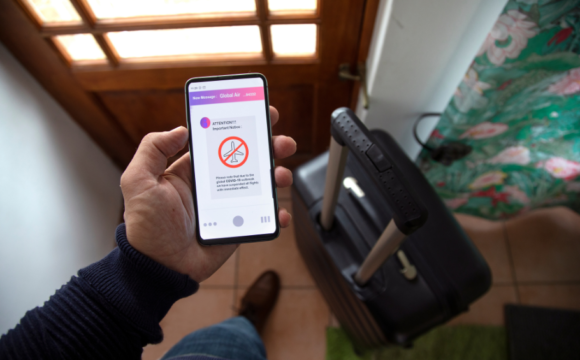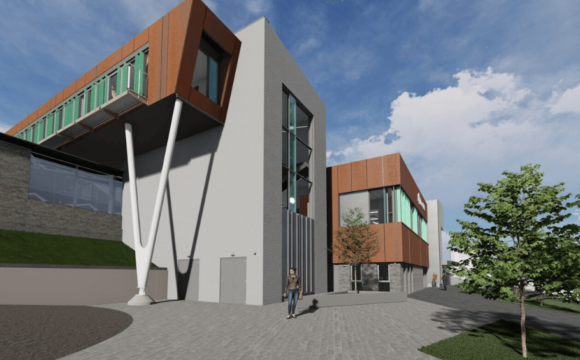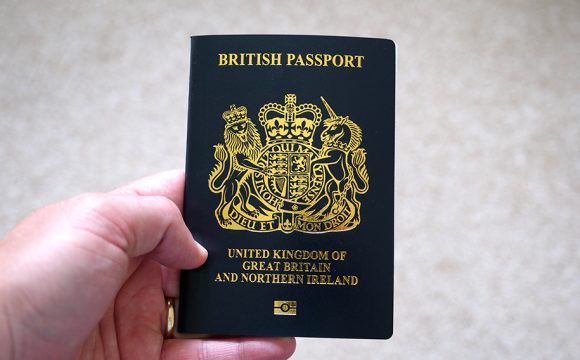Northern Ireland achieved a score of 64.6 (out of a possible 100) with 16 per cent of parents feeling ‘extremely happy’ over the past six months as a family unit – while 42 per cent felt ‘happy’.
According to the research, 71 per cent of families are physically active together with 19 per cent of those claiming to be very active. The Index shows that physical activity is a key contributor to family togetherness and thus happiness, with very active families enjoying 48 per cent stronger family togetherness than inactive families. Despite the high proportion of families participating in physical activities together, 51 per cent of parents would like to be doing more.
29 per cent of families in Northern Ireland described themselves as inactive as a family. The Index found that these families enjoyed a far lower level of family togetherness or happiness as a result.
It’s the simple physical activities that families enjoy most together – walking the dog emerged as the top activity that families enjoy, followed by going to a beach and swimming together as a family.
Quality vs Quantity Family Time
More than half of the time that parents in Northern Ireland spend with their children is considered quality time, however their satisfaction levels with the amount of time clearly indicates that they would like more quality time with their children, particularly during the work week.
Over half (56 per cent) of those surveyed revealed that they are less than satisfied with the amount of quality time they have with their children during the week and 15 per cent admit that they are dissatisfied.
It seems that the cult of busyness is a stumbling block for many looking to achieve family togetherness with 43% of parents saying they are less than satisfied with their family’s work/life balance.
When asked what the biggest challenge they experience as a parent is, ‘a busy life schedule’ was cited as the top challenge.
Despite the difference in time spent with children, working parents experience a similar amount of quality time with their children as stay at home parents, proving the struggle to balance time exists for all parents.
Commenting on the research findings, Dr. Colman Noctor said: “The research shows a direct correlation between how happy a family is and the amount of quality time they spend together. Irish families seem to be doing well when it comes to family togetherness, but with the pressures of contemporary life and the challenges it presents, they feel that they can do better. The good news, particularly for working parents, is this is relatively easy to address as an abundance of time is not what’s required, it’s merely quality time or time well spent.”
When it comes to mums and dads in Ireland, overall, mums spend more time with their children (29 per cent), however, dads rate the time they spend with their children 25 per cent higher in terms of quality. Interestingly, over half of parents (52 per cent) believe that they spend more quality time with their children than they received when they were young, with 29 per cent of those spending significantly more quality time with their children today.
The Simple Things
The in-depth study from Center Parcs Ireland shows that it’s the simple things in life that bring families together and are key contributors to overall family togetherness and thus happiness.
The family moments that provide real joy, according to parents and children alike, include family meals, movie nights in, the day the holidays start, chatting on the way to school and family get-togethers.
The Family Togetherness Index was developed by Center Parcs Ireland, which is due to open a luxury forest resort in Longford next year, in collaboration with Child Psychotherapist Dr Colman Noctor and examines what brings Northern Irish parents and their children together and makes them happy.
The nationally representative study was carried out among parents of children aged 16 and under and found that there is a direct correlation between the happiness a family unit feels and the level of family togetherness they experience.
Satisfaction with quality of time spent with their children, satisfaction with physical activities they participate in as a family, frequency of moments of closeness and work/life balance were the key factors that contributed to the overall Index score.
















